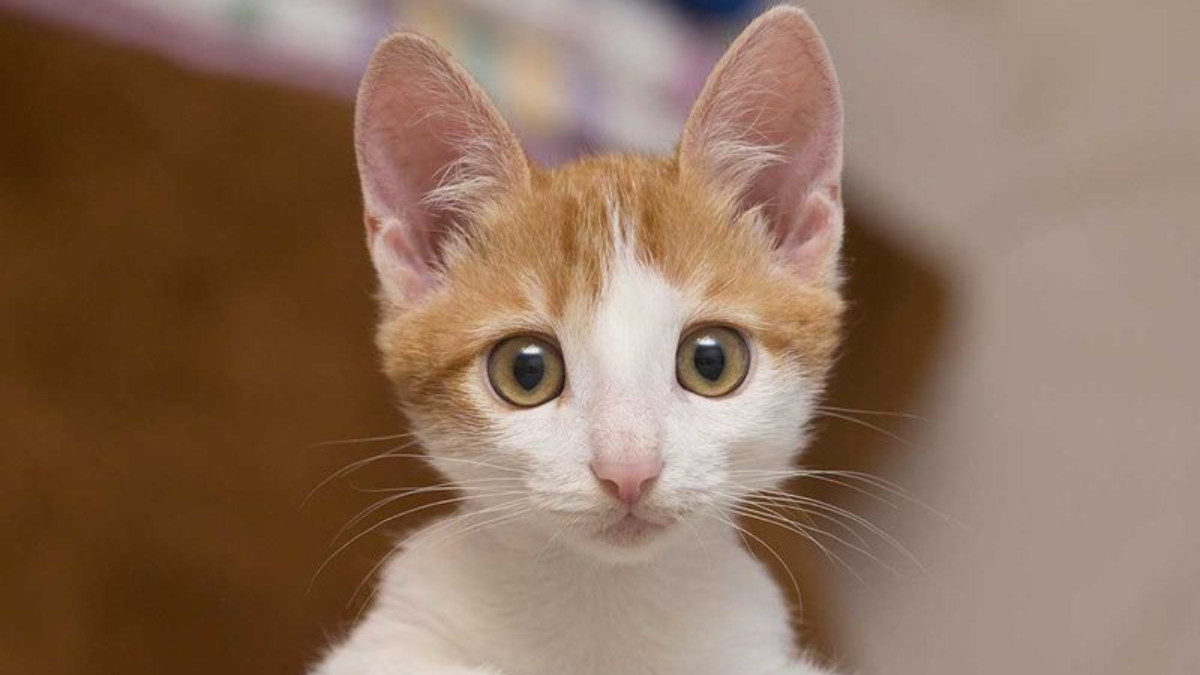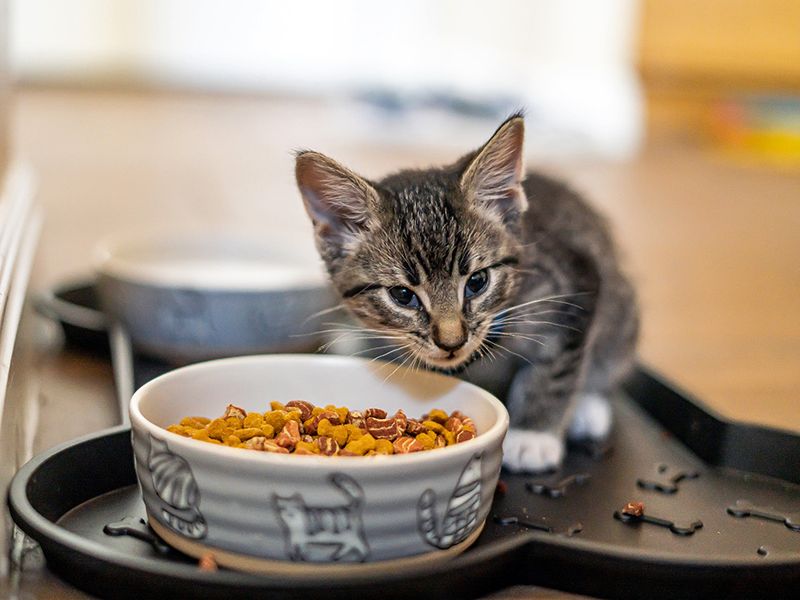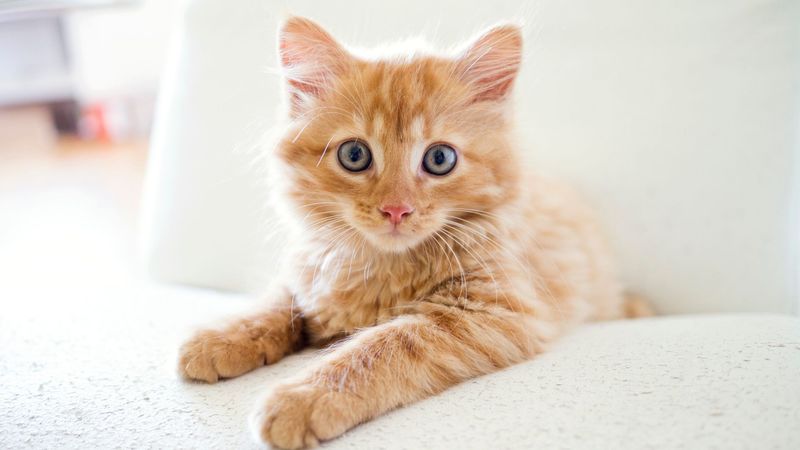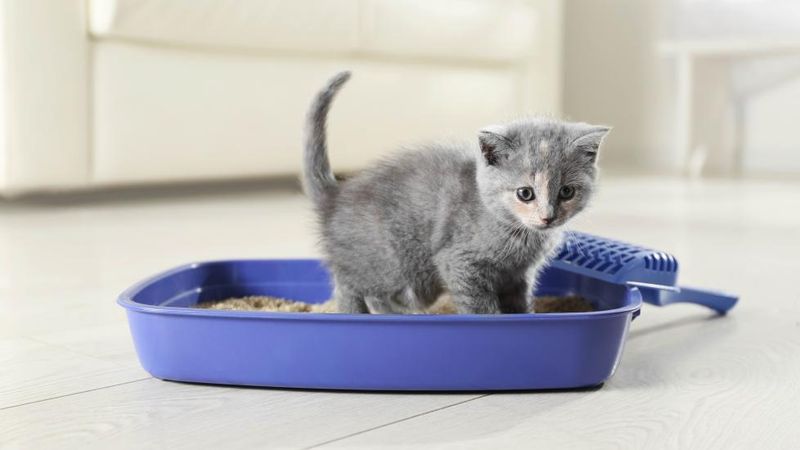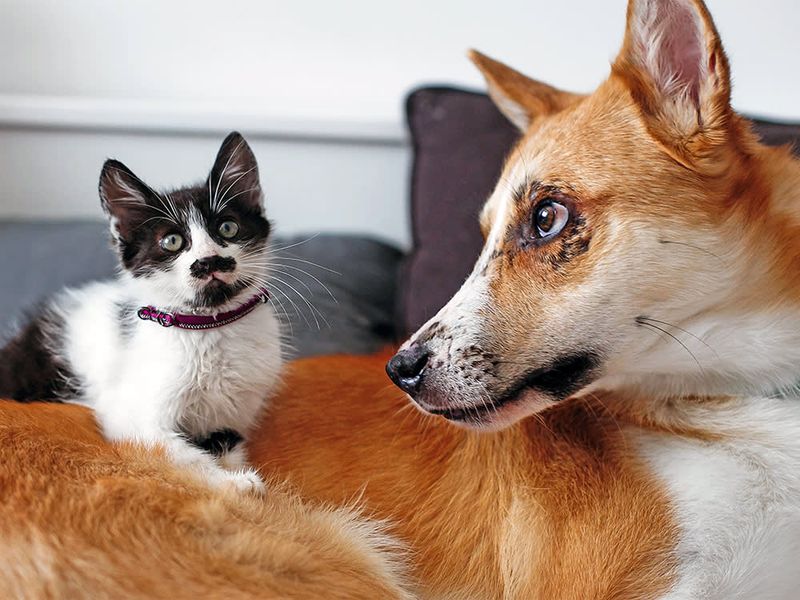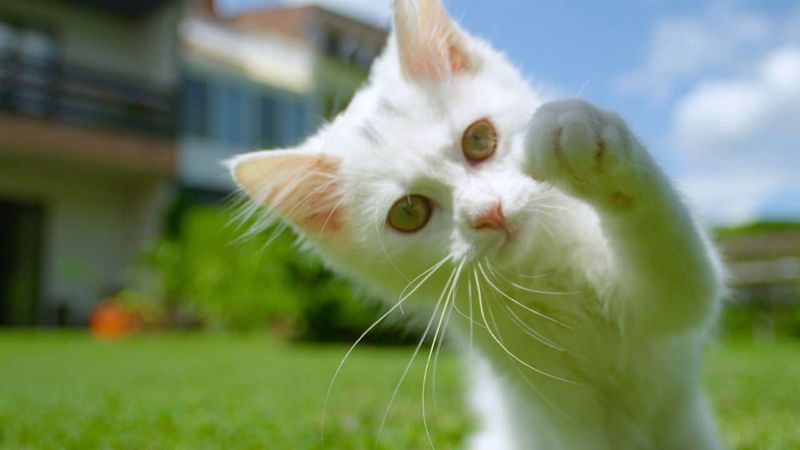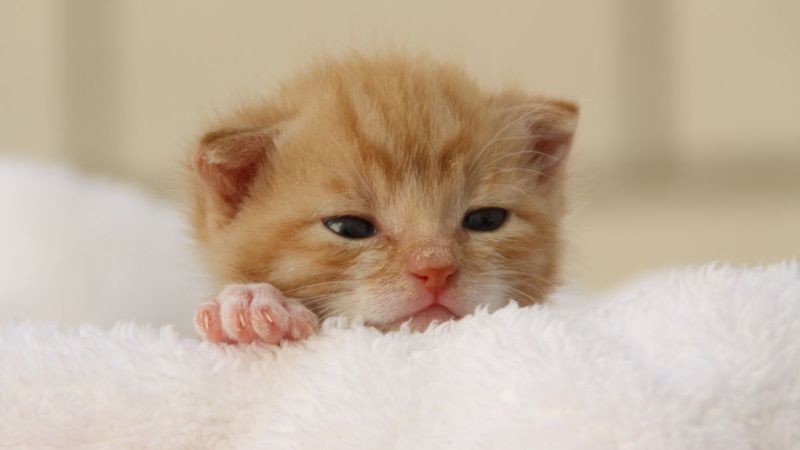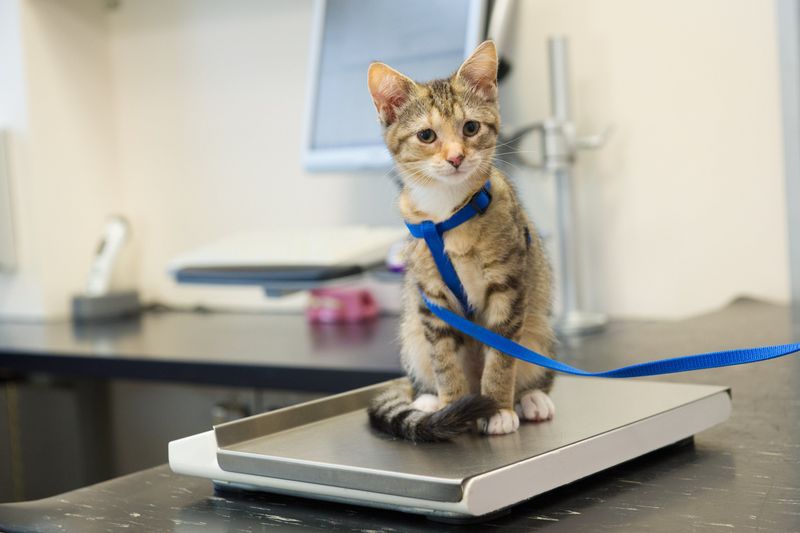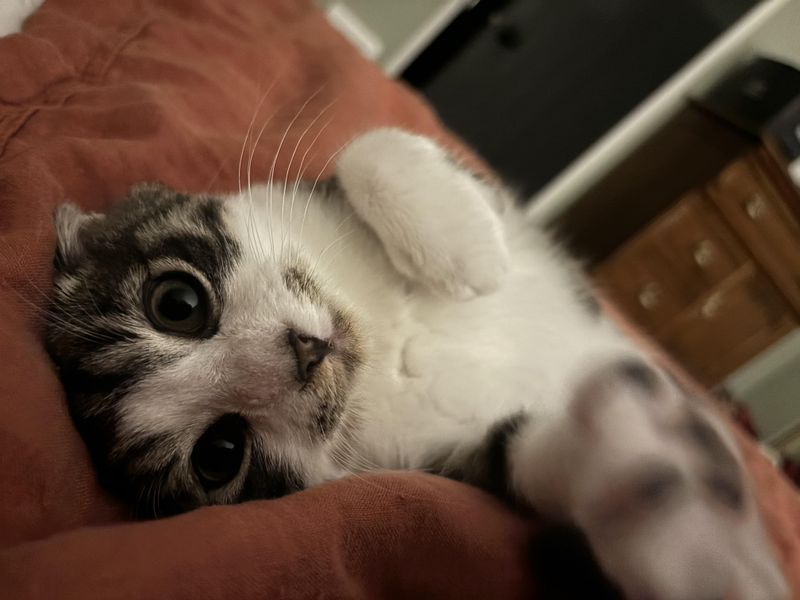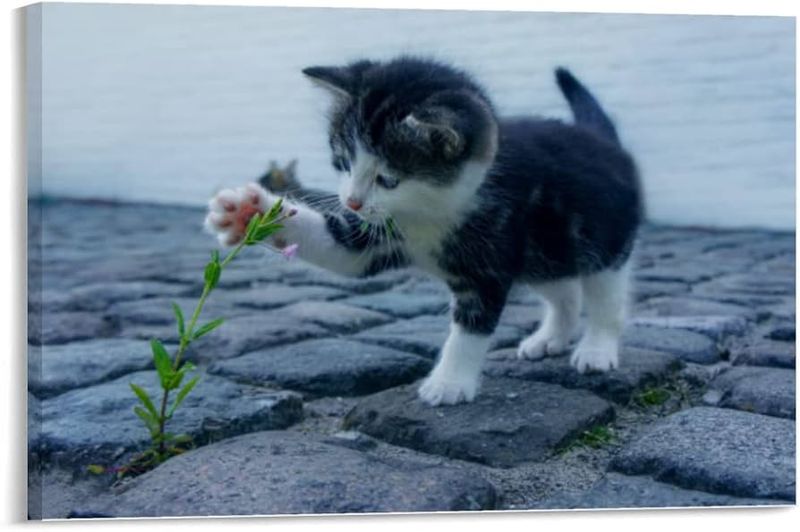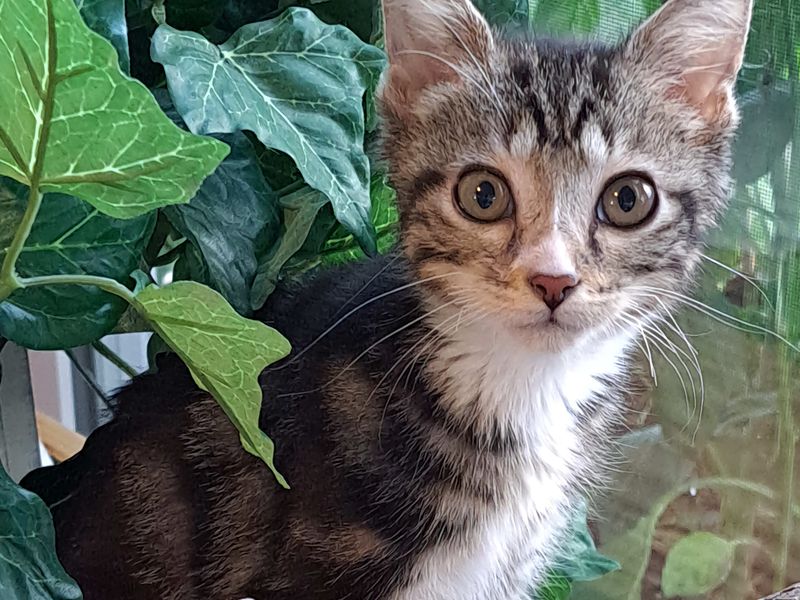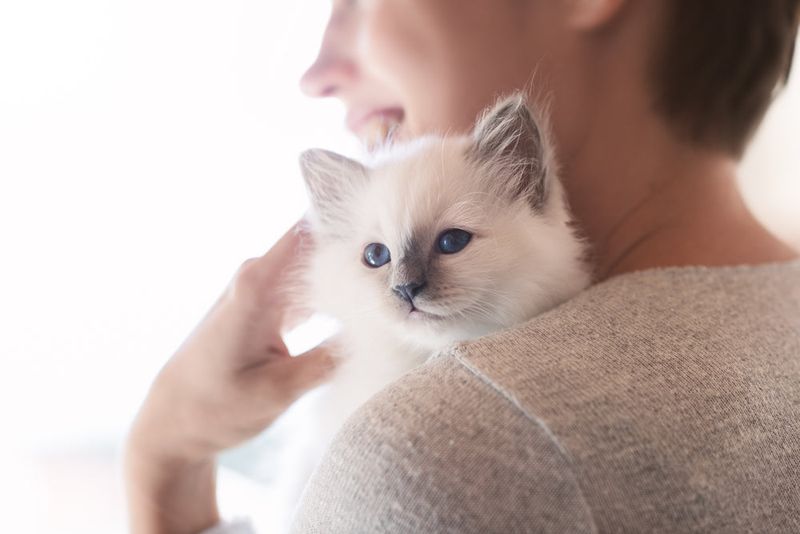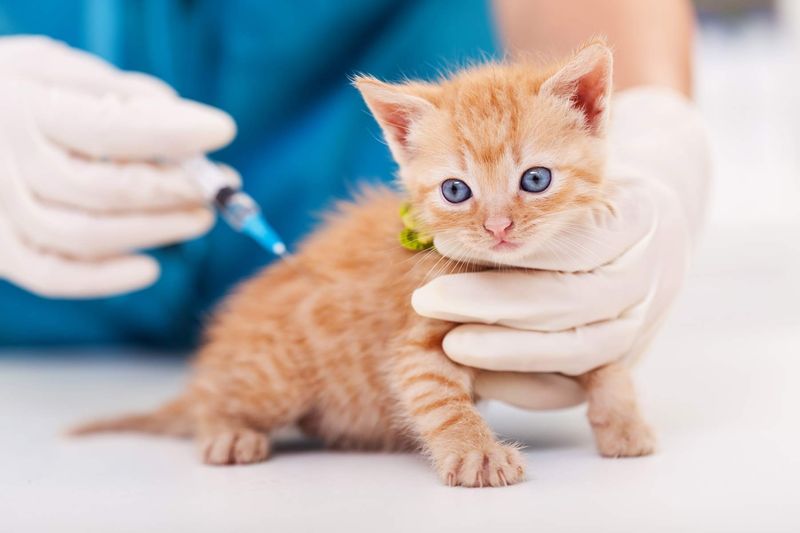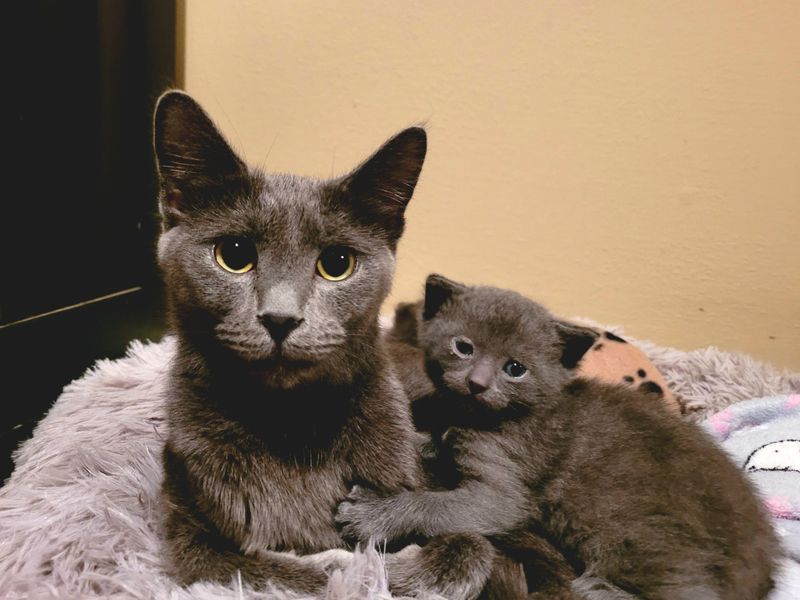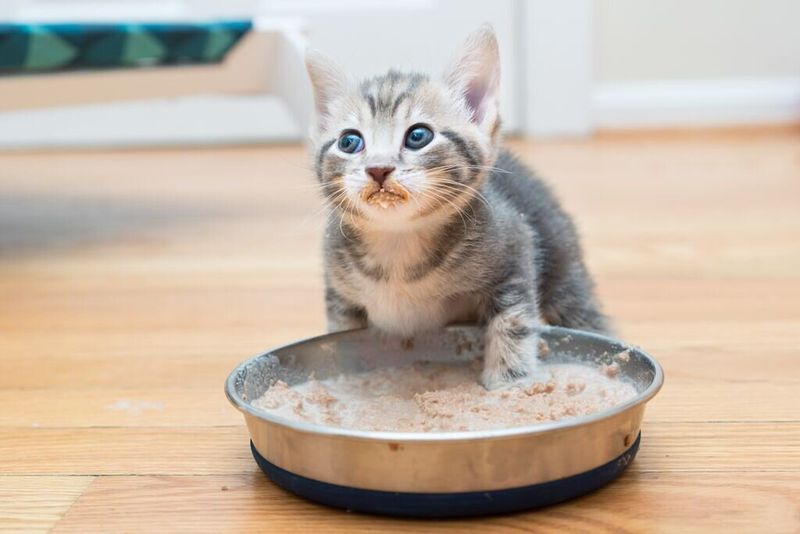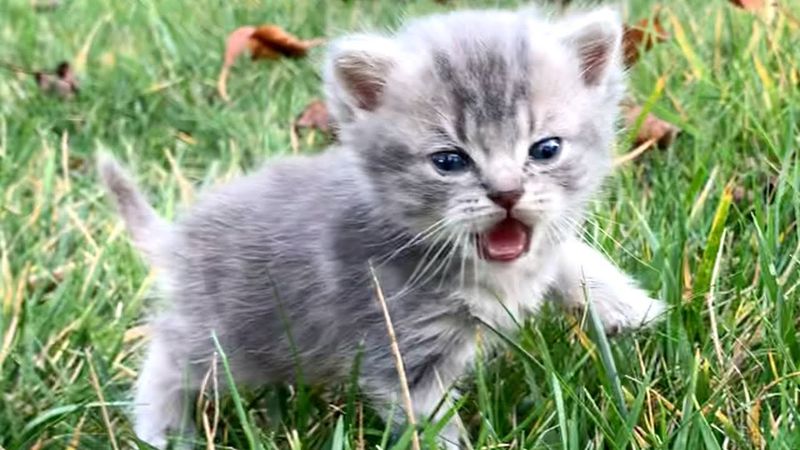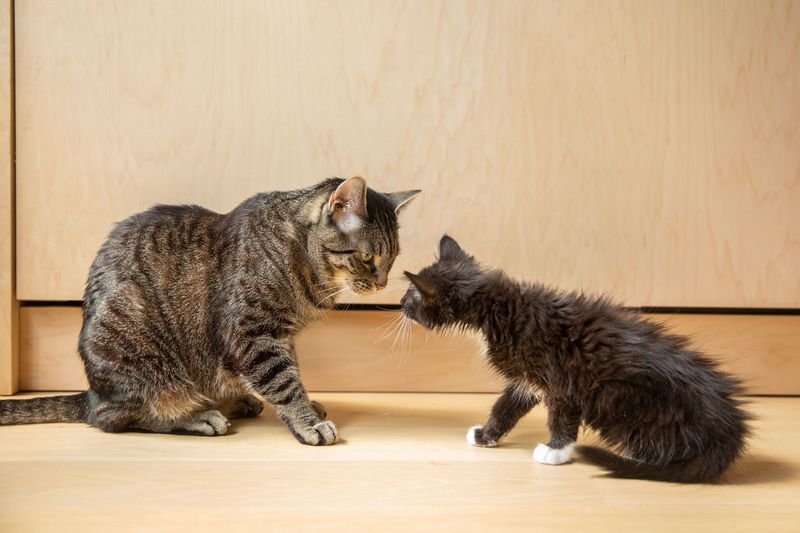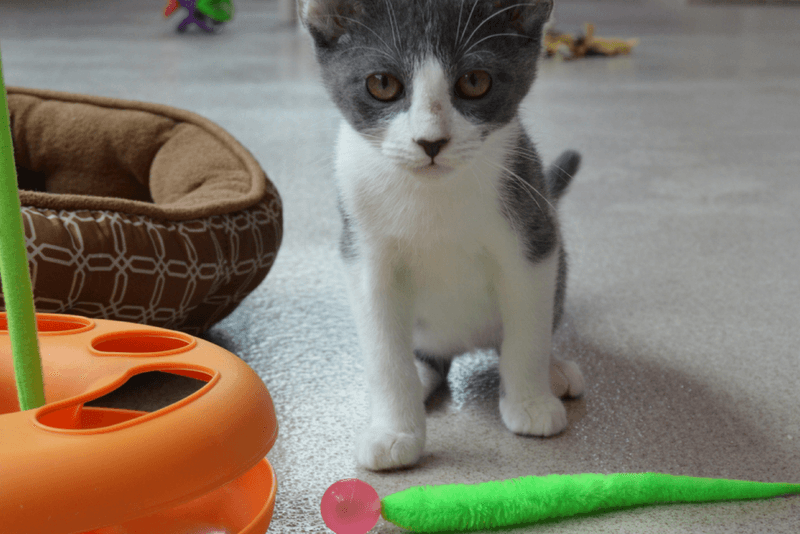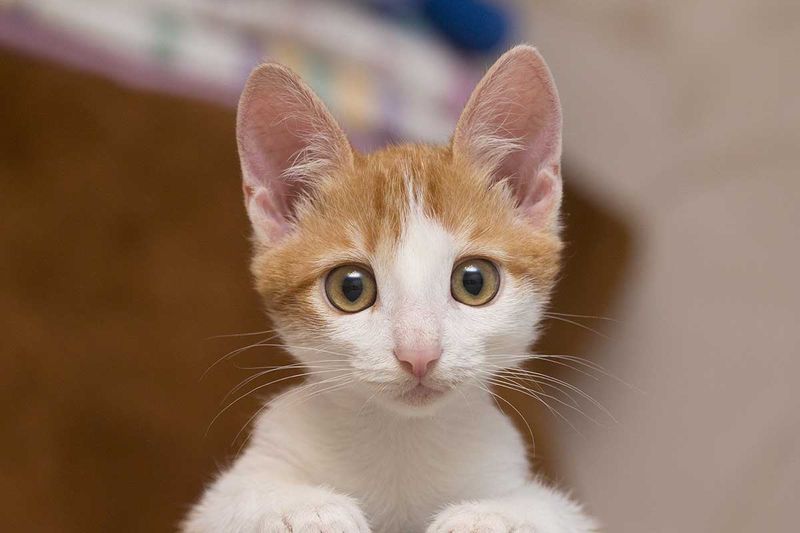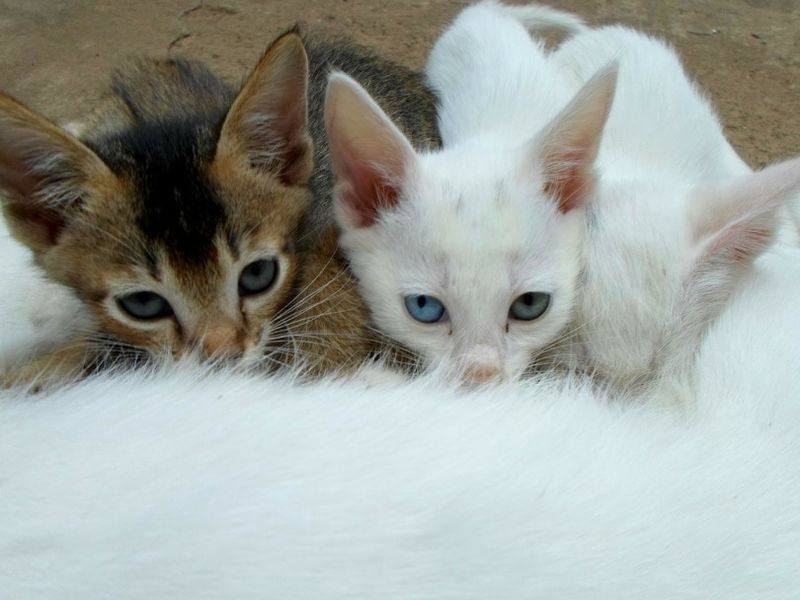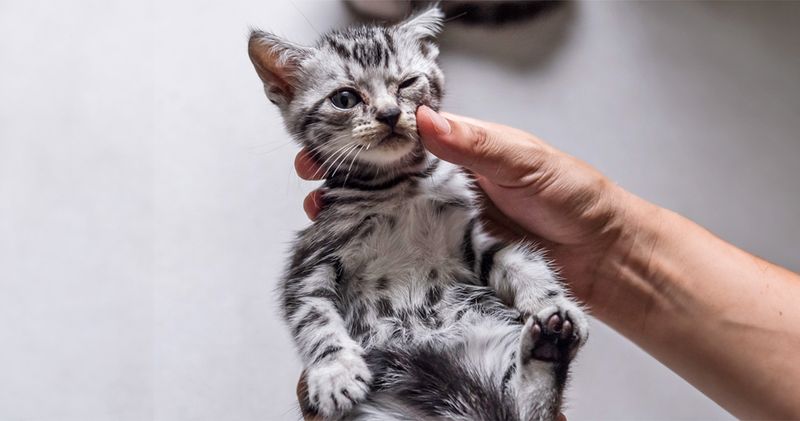📖 Table of Content:
- 1. Eating Solid Foods
- 2. Grooming Themselves
- 3. Using the Litter Box
- 4. Social Interaction with Other Pets
- 5. Playful and Energetic Behavior
- 6. Showing Independence from Mother
- 7. Healthy Weight Gain
- 8. Responding to Their Name
- 9. Curiosity About Surroundings
- 10. Reduced Nursing from Mother
- 11. Comfortable with Human Handling
- 12. Vaccinations Up to Date
- 1. Clinging to Mother Often
- 2. Reluctance to Eat Solid Foods
- 3. Frequent Meowing for Mother
- 4. Avoidance of Other Pets
- 5. Lack of Interest in Toys
- 6. Fearful of New Environments
- 7. Dependent on Mother’s Milk
- 8. Lack of Weight Gain
Recognizing the right moment for a kitten to separate from its mother is essential for its emotional and physical well-being. Early independence without proper readiness can lead to developmental and behavioral challenges. Timing this transition carefully lays the foundation for a stable and confident adult cat.
Certain behaviors and milestones serve as reliable indicators of a kitten’s readiness to leave the nest. These signs reflect growing independence, social maturity, and adaptability to new environments. Observing them closely can help ensure the kitten is not removed from maternal care too soon.
On the other hand, some warning signs may reveal that the kitten still depends heavily on its mother. Identifying these red flags is just as important to avoid disrupting crucial stages of growth. A thoughtful, informed approach supports the kitten’s long-term health and happiness.
1. Eating Solid Foods
When your kitten starts devouring solid food with enthusiasm, it’s a strong sign of independence. A kitten that munches away without hesitation shows readiness to face the world beyond its mother’s care. Transitioning from nursing to solid foods is a significant step in a kitten’s development.
This transition marks a newfound maturity and readiness to explore life separately from its mother. Kittens ready for this change often exhibit curiosity and interest in what’s on your plate too. Such behavior showcases their growing autonomy and adaptability.
2. Grooming Themselves
Self-grooming is not just about cleanliness; it’s a vital sign of a kitten’s readiness to leave her mother. A kitten that diligently grooms herself shows she’s learning skills necessary for independent life. Grooming is a natural behavior that kittens need to master.
This reflects their awareness of personal hygiene and self-care. The ability to keep themselves clean indicates readiness to handle everyday challenges. Such independence is crucial for their overall well-being as they step into the wider world.
3. Using the Litter Box
A kitten that confidently uses the litter box is on the path to independence. Mastering this essential skill means the kitten acknowledges its own needs and can manage them without assistance. It’s a milestone in their development.
Demonstrating reliable litter box habits reflects both cognitive maturity and responsibility. Such behavior suggests that kittens are equipped to adapt to a new environment and can be separated from their mother.
4. Social Interaction with Other Pets
Social interaction with other pets reveals a kitten’s readiness for broader social circles. If your kitten actively engages with other animals, it’s a sign of adaptability and confidence. Such interactions build essential social skills.
Peaceful interaction with other animals reflects a kitten’s preparedness for new environments. These experiences foster emotional maturity and social skills necessary for life apart from their mother.
5. Playful and Energetic Behavior
An energetic and playful demeanor is a hallmark of a kitten ready to explore life beyond its mother’s embrace. If your kitten is constantly chasing toys and leaping around energetically, it’s a sign of robust health and confidence.
This zest for play indicates a readiness to discover new adventures independently. Such behavior signifies a healthy, developing kitten eager to tackle the world on its own terms.
6. Showing Independence from Mother
Kittens showing a willingness to separate from their mother signal their readiness for independence. Observing a kitten venture away from its mother during play or exploration is a strong indicator.
Such actions reveal a kitten’s budding self-sufficiency and interest in exploring new environments. Separating from their mother marks a pivotal stage in their growth toward full maturity.
7. Healthy Weight Gain
A healthy weight gain is a positive sign of readiness to leave the mother. A robust and steadily growing kitten indicates it is receiving adequate nutrition and is ready for the next stage.
Maintaining a healthy weight is crucial for ongoing development and overall health, suggesting the kitten can thrive independently. This physical growth reflects their readiness for a new environment with new challenges.
8. Responding to Their Name
When a kitten begins to recognize and respond to its name, it’s forging an individual identity. This cognitive development is indicative of readiness for new experiences and environments.
Such recognition shows that the kitten is mentally maturing and ready to engage with the world independently. Responding to its name forms a basis for further training and bonding in a new home.
9. Curiosity About Surroundings
Curiosity is the engine of a kitten’s developmental journey. If your kitten starts exploring its surroundings with enthusiasm, it’s a sign of readiness for new adventures.
This inquisitive nature shows it’s prepared to leave the comfort of its mother’s side and embrace the unknown. Such curiosity is vital for learning and adapting to new environments.
10. Reduced Nursing from Mother
As kittens grow, they naturally reduce the frequency of nursing. If your kitten is nursing less and showing more interest in other foods, it’s a sign it’s ready for independence.
The gradual shift from dependency on mother’s milk to other food sources indicates maturity and readiness to leave the nest. It shows a readiness to adapt to a new diet and lifestyle.
11. Comfortable with Human Handling
Kittens that show comfort and ease with human handling are ready to transition to new homes. If your kitten enjoys being held and petted, it’s a sign of social confidence.
This comfort with humans suggests readiness for bonding with new family members. It indicates the kitten’s ability to integrate into a home environment comfortably.
12. Vaccinations Up to Date
Ensuring your kitten’s vaccinations are up to date is vital for safe independence. A kitten that’s vaccinated is protected and ready to explore the world beyond its mother’s care.
Vaccinations are essential for preventing diseases, ensuring your kitten’s health as it moves to a new home. This medical readiness complements its physical and behavioral readiness.
1. Clinging to Mother Often
Kittens that frequently cling to their mother seek comfort and security, indicating they’re not ready to leave. This behavior shows dependence and a need for maternal presence.
Such clinging suggests they are still reliant on their mother for emotional support. It’s a clear sign that the kitten might be too young to face the world independently.
2. Reluctance to Eat Solid Foods
If your kitten is hesitant or reluctant to eat solid foods, it signals they might not be ready for independence. This reluctance shows a preference for nursing and dependency on the mother.
This behavior suggests a delay in development towards maturity. It’s an indication that the kitten might need more time before separating from its mother.
3. Frequent Meowing for Mother
Constantly meowing for its mother reveals a kitten’s dependence and need for comfort. Such frequent vocalizations indicate it’s not ready for separation.
This highlights an emotional reliance on the mother’s presence. It suggests that the kitten isn’t yet prepared to transition to a new environment independently.
4. Avoidance of Other Pets
Kittens that avoid other pets display signs of nervousness and dependency. Such behavior suggests they are not ready to leave the safety of their mother.
It indicates a lack of social readiness for new environments. It shows that the kitten may require more time to develop confidence and social skills.
5. Lack of Interest in Toys
When kittens ignore toys, it suggests they might not be ready for the adventures of independence. A lack of interest in play reflects a delay in development.
This behavior indicates they’re not prepared to explore and learn from playful interactions. It suggests that the kitten might require more time under maternal care.
6. Fearful of New Environments
Fear of new environments suggests a kitten’s hesitation towards independence. If your kitten displays anxiety when introduced to new spaces, it may not be ready to leave.
They simply need more time to build confidence. It indicates the kitten still relies heavily on familiar surroundings and maternal security.
7. Dependent on Mother’s Milk
Strong dependency on the mother’s milk is a clear sign that a kitten is not ready to leave. This reliance suggests they are not nutritionally prepared for solid foods.
Such dependency indicates that the kitten needs more time to develop physically. It’s a sign that the kitten is still in the early stages of growth.
8. Lack of Weight Gain
A lack of weight gain is a concerning sign that a kitten isn’t ready for independence. This stagnation in growth suggests nutritional and developmental needs aren’t being met.
Therefore, the kitten might require continued support from its mother. It emphasizes that the kitten is not yet prepared for the challenges of independent life.
